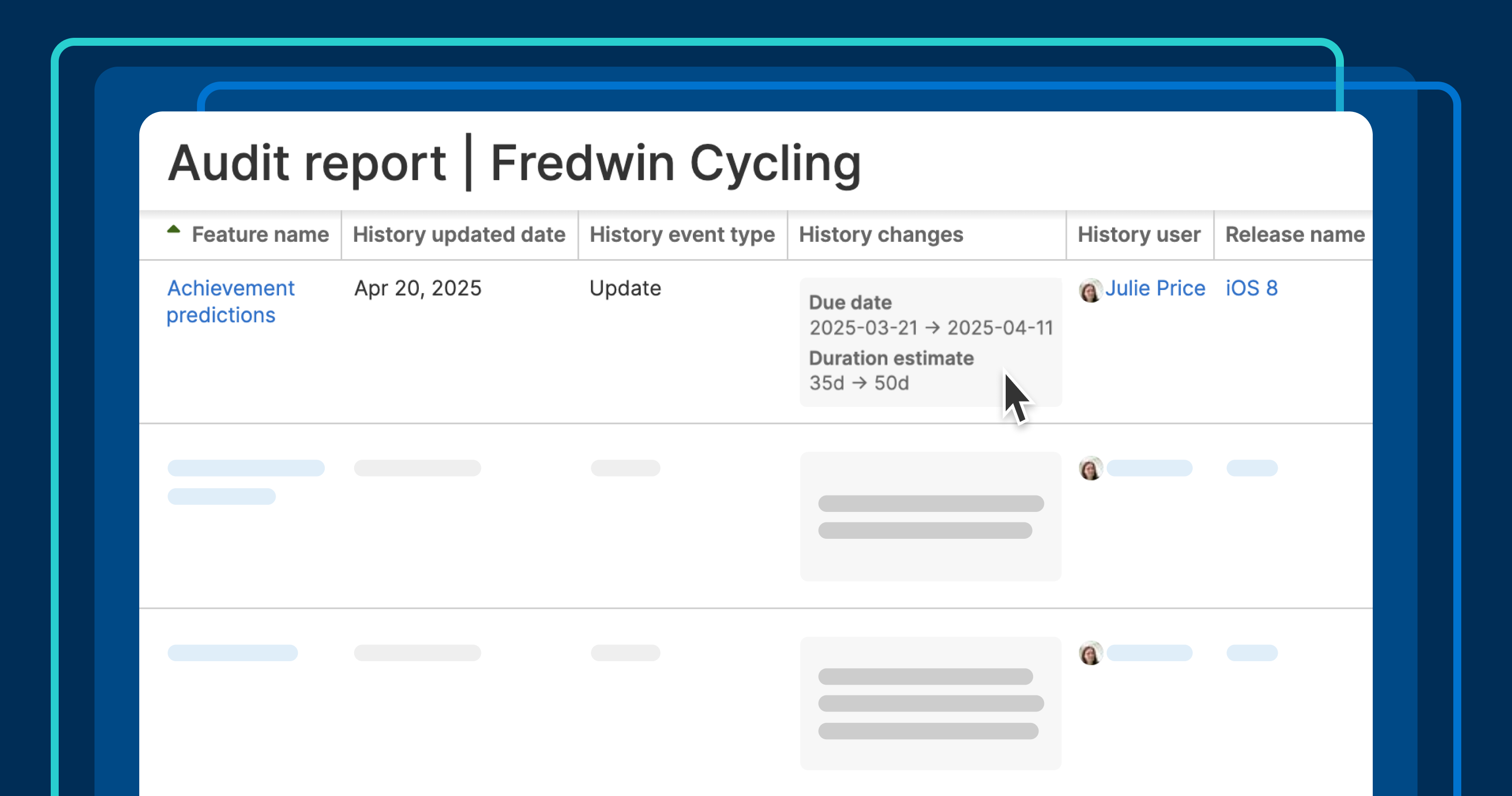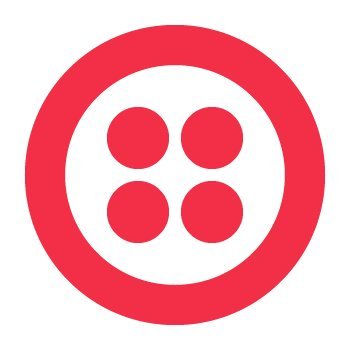BPO Employee Tracking: Smart Ways to Boost Accountability and Productivity in 2025
Learn how BPO employee tracking boosts team productivity, accountability, and performance. Discover smart tracking methods, tools, and ethical practices in 2025.

Managing a BPO (Business Process Outsourcing) team comes with unique challenges—non-traditional work hours, multiple client projects, remote employees, and strict deadlines. In such an environment, tracking employee performance isn’t just useful—it’s necessary.
BPO employee tracking refers to the process of monitoring work hours, activity levels, task progress, and overall performance of BPO team members. It helps managers ensure that employees are productive, motivated, and aligned with business goals.
This blog explores the importance of tracking BPO employees, best practices to implement it effectively, and the tools that make it possible—while balancing transparency and trust.
Why Is Employee Tracking Important in BPOs?
BPO companies often work with clients across different time zones and handle critical operations such as customer support, data processing, IT services, and more. Any delays, errors, or inefficiencies can impact client relationships and business growth.
Here’s why employee tracking is crucial in a BPO setup:
1. Improves Accountability
Tracking tools log when an employee logs in, how long they work, and what tasks they perform. This creates a transparent environment where employees are accountable for their time.
2. Boosts Productivity
When employees are aware their performance is monitored, they tend to stay focused and avoid distractions, leading to higher productivity.
3. Ensures Fair Billing
Clients expect detailed reporting of outsourced hours. Employee tracking enables accurate billing based on actual work hours, not estimates.
4. Helps in Performance Reviews
Tracking data provides insights into attendance, punctuality, time spent per task, and output. This helps HR and team leads conduct fair evaluations.
5. Manages Remote and Hybrid Teams
Many BPOs operate with distributed teams. Tracking ensures that employees working from home are still aligned with company goals and timelines.
What Does BPO Employee Tracking Include?
BPO employee tracking is more than just clocking in and out. It includes:
-
Time Tracking: Logging work hours, break time, and overtime
-
Task Management: Monitoring progress on specific assignments or KPIs
-
Activity Monitoring: Tracking app/website usage and idle time
-
Screenshots (optional): Capturing periodic screen activity for transparency
-
Location Tracking (for on-site teams): Using GPS for attendance verification
-
Attendance Records: Automated punch-in and punch-out logs
-
Behavior Insights: Productivity patterns over time
Best Practices for BPO Employee Tracking
Tracking employees must be done thoughtfully. Poor implementation can lead to frustration or distrust. Here are some best practices to follow:
1. Be Transparent
Let employees know what data is being tracked and why. This builds trust and reduces resistance.
2. Set Clear Policies
Create a tracking policy that defines what is monitored, how it's used, and how the data supports both company goals and employee well-being.
3. Track Outcomes, Not Just Hours
Time spent is important, but output matters more. Focus on task completion, accuracy, and client satisfaction.
4. Respect Privacy
Avoid overly intrusive methods like constant screen recording or webcam monitoring. Track only what's necessary for productivity.
5. Offer Feedback
Use tracking data to provide constructive feedback, recognize high performers, and help underperformers improve.
Top Tools for BPO Employee Tracking in 2025
Here are some of the best tools you can use for effective employee tracking in BPOs:
1. Time Champ
Best For: BPOs seeking detailed tracking with shift and productivity insights.
Features:
-
Real-time employee activity tracking
-
Automated timesheets and shift scheduling
-
Geo-attendance and missed punch alerts
-
Task and performance management
-
Data-driven reports for managers
Why It’s Great:
Time Champ is designed specifically for BPOs and remote teams. It balances productivity tracking with features like facial attendance, idle alerts, and project monitoring.
Try it here: BPO employee tracking software
2. Hubstaff
Best For: Remote BPO teams that need time and activity tracking.
Features:
-
Time tracking with screenshots
-
App and URL monitoring
-
GPS tracking for mobile teams
-
Productivity scores and reports
Why It’s Great:
Hubstaff offers flexible tracking options with great visibility into how teams work—even when they’re fully remote.
3. Teramind
Best For: Companies needing advanced monitoring and behavior analytics.
Features:
-
Real-time monitoring and video playback
-
Keystroke logging
-
Risk alerts and policy enforcement
-
Insider threat detection
Why It’s Great:
Ideal for high-security BPO environments. Teramind is powerful, but best used when strict compliance or client security policies demand it.
4. DeskTime
Best For: BPOs looking for simplicity and clear productivity stats.
Features:
-
Auto time tracking
-
Productivity classification of apps
-
Daily activity reports
-
Idle and break alerts
Why It’s Great:
Easy to set up and use, DeskTime is perfect for medium-sized teams who want to focus on work efficiency.
Common Concerns with Employee Tracking (And How to Address Them)
While employee tracking helps companies, it can raise concerns among staff. Here’s how to handle them:
| Concern | Solution |
|---|---|
| "I feel like I’m being watched." | Be transparent and explain the purpose. |
| "This is a violation of privacy." | Track only work-related data and avoid personal info. |
| "It affects my work morale." | Use tracking data for recognition, not policing. |
| "Will this affect my appraisals unfairly?" | Combine tracking data with other performance metrics. |
-
Increased team visibility for managers
-
Reduced time theft and idle hours
-
Better resource allocation across clients
-
Easy performance evaluation
-
Higher client satisfaction through consistent delivery
Final Thoughts
BPO employee tracking has become a must-have strategy in 2025 for companies looking to stay competitive, meet client SLAs, and keep productivity high—especially with remote and hybrid work becoming the norm.
When done ethically and transparently, employee tracking can drive accountability, boost morale, and create a data-driven workplace that benefits both employees and employers.
Whether you manage a 10-person data entry team or a 500-agent call center, investing in the right BPO employee tracking solution will help you operate smarter, faster, and more efficiently.























































































































































